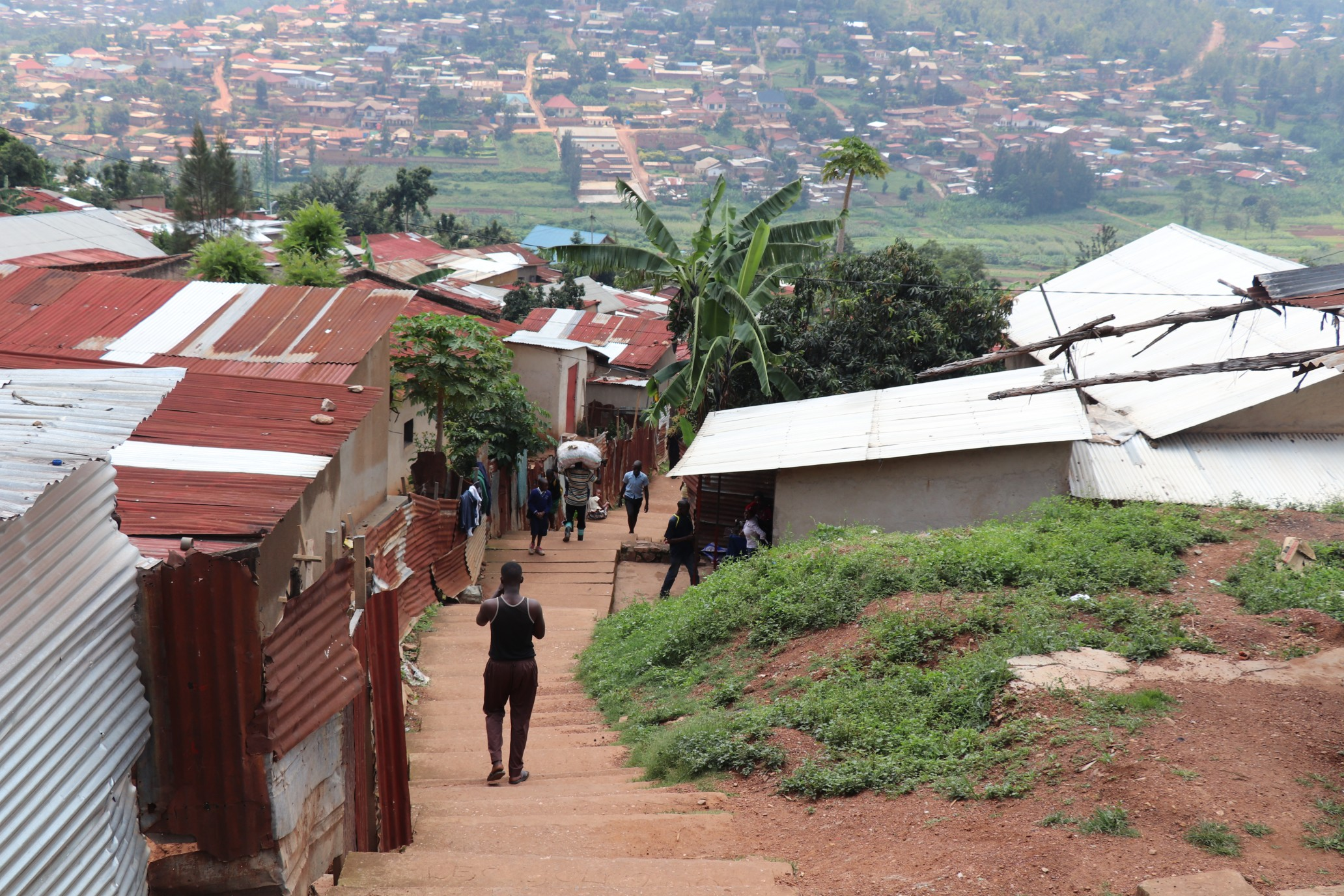City Know-hows

Our cross-sectional study of 272 neighbourhoods of thirteen cities shows that diverse physical and social attributes of neighbourhoods influence mental well-being of the citizens in the Asia and Africa.
Share
Target audience
Urban Planners in the study cities, UN-Habitat, National policy makers and cities in the Global South.
The problem
Although the role of space and place are well understood in the Western academic literatures on health, Southern academic literature is inadequate, cross-sectional studies do little to recognise this nexus. This gap in the literature needs to be filled to promote neighbourhood- and place-focused health planning.
What we did and why
Our paper highlights the issue that there are notable links between neighbourhood (as a place) with mental health. In addition, a comparative analysis demonstrates similarities and dissimilarities among different cities, continents and contexts. This advances arguments in favour of acknowledging the role of geographic influences on the neighbourhood effects which influcence mental health.
Our study’s contribution
Our study recognises the influential neighbourhood effects on health outcomes in Southern context. The conclusions drawn in this study is unique and will provide future guidelines for neighbourhood health policies and research.
Impacts for city policy and practice
Our arguments in this paper are founded on large sample size across 13 Southern cities. There are strong arguments in favour of contributory impact of the neighbourhood planning for heath, policy makers pleaze take note. We have also identified a number of key influencers from this research, these will help policymakers in identifying the priority areas urban health planning for cities in the Global South.
Further information
An exhibition that highlighted urban issues of Dhaka. Some of the works here featured the mental health challenges at individual and city level.
Full research article:
The neighbourhood effect on mental well-being in the Global South by Shilpi Roy and Tanjil Sowgat
Related posts

Make the neighbourhoods of your city age friendlier by using tools that support more informed decision-making. Are you an urban planner or a policy maker interested in knowing how age-friendly the neighbourhoods of your city are? Would you like to know how to improve them?

Emergencies can become transformative experiences for cities: an opportunity to rethink, replan and rebuild, and to push for changes that can make them more healthy, sustainable, equitable and resilient. We interviewed 12 cities on their practical experiences with local emergencies and disasters, identifying common challenges and lessons learned for the future.

The concept of 20-minute neighbourhoods promotes more local grocery shopping. While the concept holds the potential to foster active travel, car use remains the prevailing mode of transport when shopping for food.